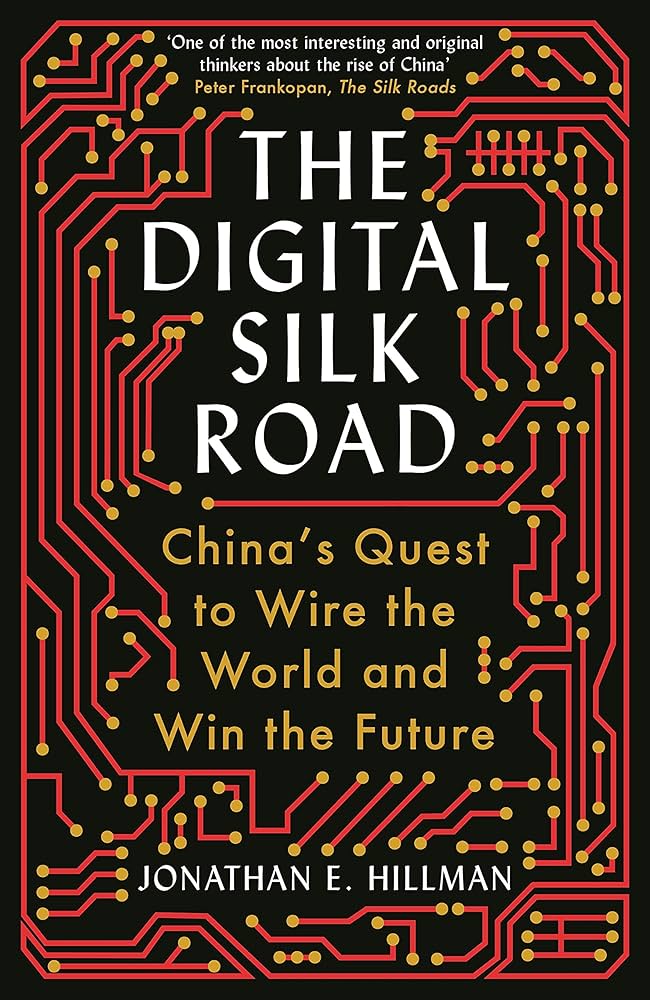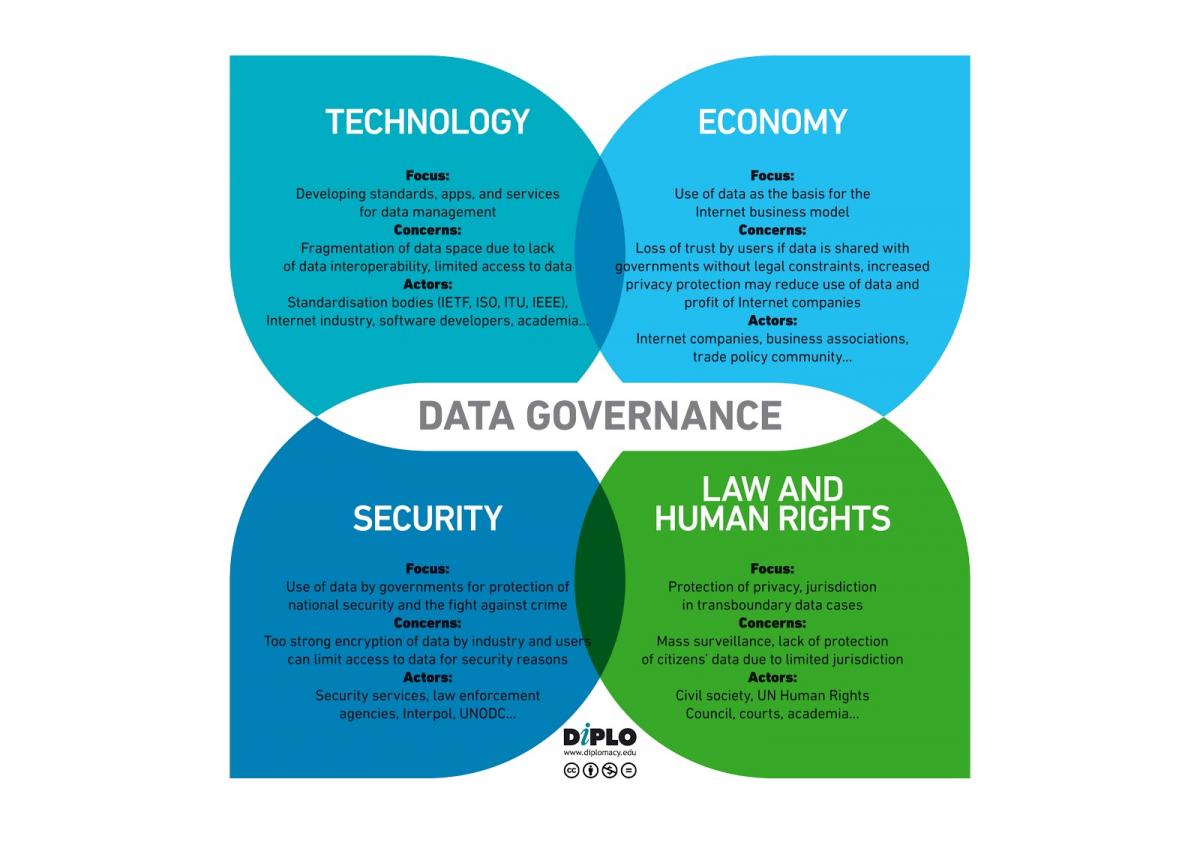
China’s Digital Silk Road: A Path to Authoritarian Governance?
China’s Digital Silk Road, a key component of its Belt and Road Initiative, promises to bring digital connectivity and economic growth to Southeast Asia. However, rights groups warn that Beijing is also exporting its model of authoritarian governance, characterized by censorship, surveillance, and control.
China’s Digital Expansion
China’s state media recently announced that Chinese electrical appliance manufacturer Midea Group has jointly built its first overseas 5G factory in Thailand with Thai mobile operator AIS, Chinese telecom service provider China Unicom, and tech giant Huawei. The 208,000-square-meter smart factory will have its own 5G network, according to Xinhua news agency.
Earlier this month, Beijing reached an agreement with Cambodia to establish a Digital Law Library of the Association of Southeast Asian Nations (ASEAN) Inter-Parliamentary Assembly. The objective is to “expand all-round cooperation in line with the strategic partnership and building a common destiny community.”
 China’s Digital Silk Road: A Path to Authoritarian Governance?
China’s Digital Silk Road: A Path to Authoritarian Governance?
The Dark Side of Digital Development
But parallel to China’s state media-promoted technology investments, rights groups say Beijing is also helping countries in the region to build what they call “digital authoritarian governance.” Article 19, an international human rights organization, reports that the purpose of the Digital Silk Road is not solely to promote China’s technology industry. The report, China: The rise of digital repression in the Indo-Pacific, says Beijing is also using its technology to reshape the region’s standards of digital freedom and governance to increasingly match its own.
“China has been successful at providing a needed service, in the delivery of digital development toward greater connectivity, but also in making digital development synonymous with the adoption of PRC-style digital governance, which is at odds with international human rights and internet freedom principles, by instead promoting notions of total state control through censorship and surveillance, and digital sovereignty away from universal norms.” - Michael Caster, Asia digital program manager with Article 19
A Model of Digital Governance
Looking at case studies of Cambodia, Malaysia, Nepal, and Thailand, the Article 19 report says Beijing is spreading China’s model of digital governance along with Chinese technology and investments from companies such as Huawei, ZTE, and Alibaba.
 A Model of Digital Governance
A Model of Digital Governance
The Consequences of Digital Authoritarianism
The group says in Thailand, home to the world’s largest overseas Chinese community, agreements with China bolstered internet controls imposed after Thailand’s 2014 coup, and it notes that Bangkok has since been considering a China-style Great Firewall, the censorship mechanism Beijing uses to control online content.
In Nepal, the report notes security and intelligence-sharing agreements with China and concerns that Chinese security camera technology is being used to surveil exiled Tibetans, the largest such group outside India.
The group says Malaysia’s approach to information infrastructure appears to increasingly resemble China’s model, citing Kuala Lumpur’s cybersecurity law passed in April and its partnering with Chinese companies whose technology has been used for repressing minorities inside China.
Most significantly, Article 19 says China is involved at “all levels” of Cambodia’s digital ecosystem. Huawei, which is facing increasing bans in Western nations over cybersecurity concerns, has a monopoly on cloud services in Cambodia.
 The Consequences of Digital Authoritarianism
The Consequences of Digital Authoritarianism
The Future of the Internet
Kian Vesteinsson, a senior researcher for technology and democracy with rights group Freedom House, told VOA, “The Chinese Communist Party and companies that are aligned with the Chinese state have led a charge internationally to push for internet fragmentation. And when I say internet fragmentation, I mean these efforts to carve out domestic internets that are isolated from global internet traffic.”
Despite Chinese support and investment, Vesteinsson notes that Cambodia has not yet implemented the plan for a government-controlled internet.
“Building the Chinese model of digital authoritarianism into a country’s internet infrastructure is extraordinarily difficult. It’s expensive. It requires technical capacity. It requires state capacity, and all signs point to the Cambodian government struggling on those fronts.” - Kian Vesteinsson
Conclusion
China’s Digital Silk Road promises to bring digital connectivity and economic growth to Southeast Asia, but at what cost? As Beijing exports its model of authoritarian governance, the region’s standards of digital freedom and governance are increasingly at risk of being reshaped to match China’s own.
 The Future of the Internet
The Future of the Internet














